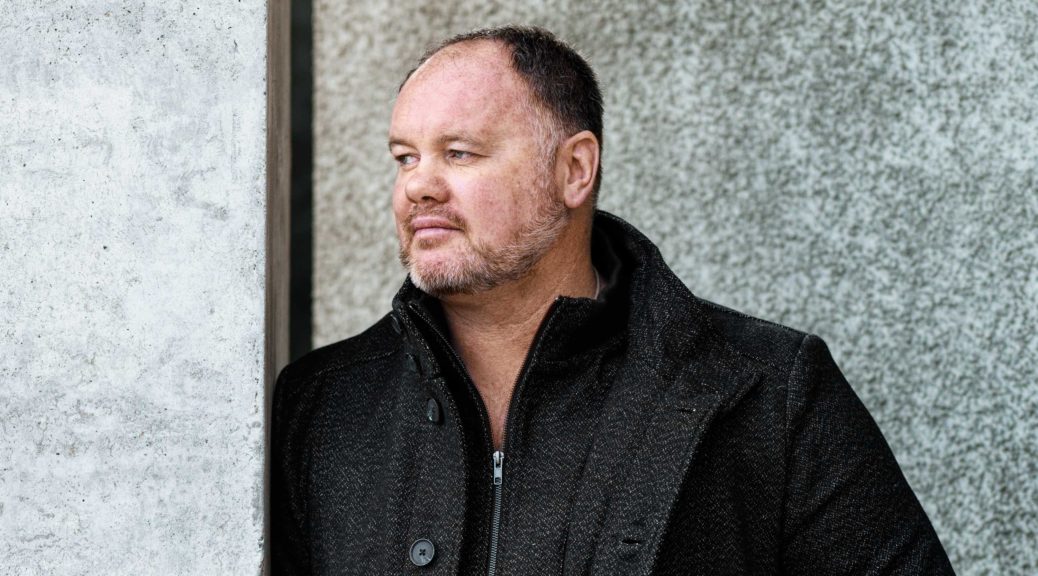DR JEREMY HAPETA
Ngāti Raukawa, Ngāti Huia
School of Sport, Exercise and Nutrition
Dr Jeremy Hapeta from the School of Sport, Exercise and Nutrition is passionate about sport, but not simply for its own sake. His research focuses on ‘sport-for-development’, an area which works to provide platforms for sport to be used as a tool to contribute towards positive social outcomes in areas such as social inclusion, education, and reconciliation and peacebuilding.
One area that Dr Hapeta has researched involves using sport as a ‘carrot’ to gain better educational outcomes. One case study, for example, involved a rugby academy for secondary school-aged students, which functions as an alternative education programme for youth who have not found mainstream education models successful. ‘The distinctiveness of that programme was that they didn’t really care if their learners played rugby or not after they left the programme, only that they had their Level 1 and 2 NCEA,’ said Dr Hapeta. ‘The majority of learners who we spoke with went into full-time employment when they exited the programme, which was a really positive outcome in terms of social change. Others even returned to mainstream school and did NCEA Level 3. For those who had disengaged from the mainstream system, because it wasn’t working for them, to have the confidence to go back there, that was a pretty neat story.’
Previously, Dr Hapeta has also conducted research at what is now Manukura, a designated special character school for Years 9–13 based at Massey that has a focus on high-performance sport and academics. ‘They aspired for their learners to be balanced in terms of sport, education, and flourishing as rangatahi Māori [young Māori],’ said Dr Hapeta, ‘but when they started, they were probably more well known for their sporting successes. They had to wait for educational success to manifest before they could show that they were consistently producing successful educational outcomes for Māori as well. Now they have the evidence, they’ve shown that they are leading as Māori in sports and are doing amazingly well educationally. Their results for rangatahi Māori in particular contrast with mainstream models of education.’
Dr Hapeta’s passion for this area of research stems from his own background. ‘When I attended secondary school, I was pretty good at sport, but I didn’t really leave with anything tangible in terms of qualifications, just a whole lot of cool sporting experiences and not much else to show for it. I thought, it’s wrong, our rangatahi might earn mana [prowess] on the sports field — but how are they being looked after off it? I knew there must be others like me who weren’t dumb, maybe they just matured a bit later than everybody else. So, a key driver was my own auto-ethnographic lived experience in school and sport. Part of my rationale for getting into the system was to disrupt it and ensure that I was part of the solution, providing service back to the communities that I came from with high deprivation and low socio-economic backgrounds. I want to help not only Māori, but all learners navigate their way through the system and come out the other end; to advocate for and be an agent of change for them in terms of where they may end up later in life. I’m by no means at the top of the maunga [mountain], I’m part-way up it — I suppose if I wanted to, I could be selfish and use both my hands to ascend it more rapidly, but I’m holding on with one hand and trying to raise others up with the other.’
Next, Dr Hapeta is planning research into how sport, across Canada, Australia and Aotearoa can be used for cultural reconciliation. In particular, he is interested in how Māori culture can be used as a mechanism to galvanise team culture and to bring together people from culturally diverse backgrounds. ‘The old-school way of developing team culture in the past was that Māori and Pasifika athletes had to leave their true selves at the door and buy into this thing which was predominantly a Pākehā values- based environment,’ he said. ‘That’s our history, which nowadays is outdated, but thankfully we’re moving towards the light. New Zealand rugby and increasingly other major sports are responding by adopting culturally inclusive approaches. We’re going to shine light on some of these international indigenous case studies.
‘Sport is a significant part of our national identity and many of us do take a lot of pride in the fact that we punchabove our weight globally. I believe we need to do things respectfully and not exclude ethnic-minority members of our communities. If you’ve got a culture of inclusion and celebrating diversity and everyone feels a sense of belonging, then that’s where the magic happens. Worldwide, sport is one platform where these things can be debated — it’s in the spotlight daily.’

